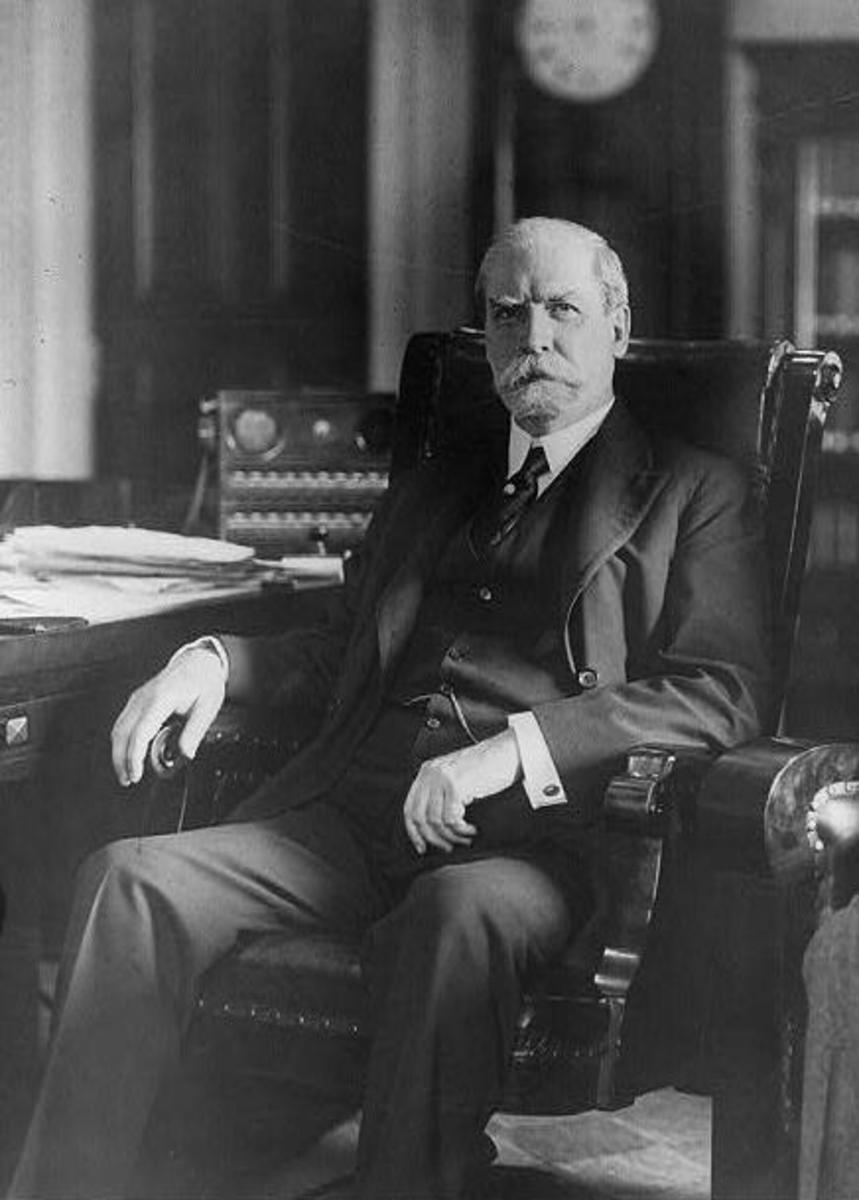The Evolving Law




Law is the foundation of statues, rules and regulations that govern people, Relationships, behaviors and interaction with state, society, and federal government. The goal of the law is to resolved disputes without violence and to protect individual citizen's health, safety, and welfare.
The constant shifts of our society cause the law to change. The law is constantly evolving and growing to meet the changes.
Note the following example:
California, in 1996, became the nation's first state to legalize marijuana for medical use, creating a multi-million-dollar industry and scores of dispensaries where residents buy marijuana with a physician's approval.
The four sources of the law are the Constitution, common law, the legislature, and administrative law. The Constitution grants certain powers to the federal government and state government. The Constitutional basis for federal involvement in health care is found under the provision for the general welfare and regulation of interstate commerce. The states have the power to regulate health care through their police power to protect the health, safety, and welfare of their citizens. This includes the regulation of nurses, pharmacists, physicians, chiropractors, physical therapists, and other licensed health care providers.
Another way to classify law is, whether there is a civil wrong (often called a tort) that causes harm to a person or person’s property or a criminal wrong that violates criminal statutes. Lawsuits against health care providers can be criminal or civil. Civil Law encompasses various areas of law including but not limited to contract issues, intentional torts, and negligence, malpractice, labor, and privacy issues. Most cases, against health care worker are for negligence or malpractice. The allegations in the suit are often that the health care provider failed to provide care that met the standard of care and that harm resulted to the patient. Criminal law is concerned with violations against society based on the criminal statures or code.
Good Samaritan laws protect those who provide health care for an emergency or disaster without reimbursement. If a nursing assistant stops at an automobile accident and helps the victims, without seeking payment, and is not grossly negligent in rendering care, then the law covers the nursing assistant.
Consider this true-life example:
Four years ago a car slammed into a light pole at 45 mph, critically injuring a young woman named Alexandra Van Horn, who is now a paraplegic. Van Horn and several friends had just left a bar at 1:30AM when the driver of the car she was in lost control and crashed. Following behind in a second car was Van Horn’s friend Lisa Torti, who stopped and rushed to help. Torti said she saw smoke and feared that the wrecked car would catch fire or explode, so she pulled the incapacitated Van Horn from the passenger’s seat. Van Horn later sued Torti, saying that her spinal injuries from the accident were made worse by Torti dragging her from the car “like a rag doll.” Torti argued that she was covered by California’s Good Samaritan law, which provides legal protection to people helping in an emergency. The case was dismissed. But in a controversial new ruling, the California Supreme Court said that the state's Good Samaritan law applies only to emergency medical care. Rescuing someone from a car crash doesn't qualify.
Hence, the court said, Van Horn has the right to sue her Good Samaritan, and that is exactly what Van Horn did. However, California legislators immediately proposed three separate bills to amend the law. Here in lays an example of the evolving law.
References: Legal and Ethical Issues in Health Occupations-Tonia Dandry Aiken
http://www.responsibilityproject.com/blog/post/the-new-samaritan-good-or-hesitant/?









